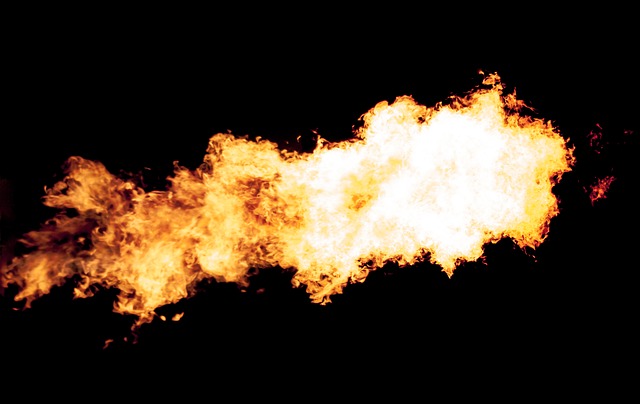
Methane emissions from the energy sector are 70% higher than official figures
The IEA’s Global Methane Tracker shows emissions from oil, gas and coal are on the rise again, underscoring need for greater transparency, stronger policies and immediate action Global methane emissions from the energy sector are about 70% greater than the amount national governments have officially reported, according to new IEA analysis released today, underlining the urgent need for enhanced monitoring efforts and stronger policy action to drive down emissions of the potent greenhouse gas.
Methane is responsible for around 30% of the rise in global temperatures since the Industrial Revolution, and quick and sustained emission reductions are key to limiting near-term warming and improving air quality. Methane dissipates faster than carbon dioxide (CO2) but is a much more powerful greenhouse gas during its short lifespan, meaning that cutting methane emissions would have a rapid effect on limiting global warming.

The energy sector accounts for around 40% of methane emissions from human activity, and this year’s expanded edition of the IEA’s Global Methane Tracker includes country-by-country emissions from coal mines and bioenergy for the first time, in addition to continued detailed coverage of oil and natural gas operations. Methane emissions from the energy sector grew by just under 5% last year. This did not bring them back to their 2019 levels and slightly lagged the rise in overall energy use, indicating that some efforts to limit emissions may already be paying off.
Information Source: Read More
Oil and gas, press , | Energy, Climate, Renewable, Wind, Biomass, Sustainability, Oil Price, LPG, Solar, Electric,

